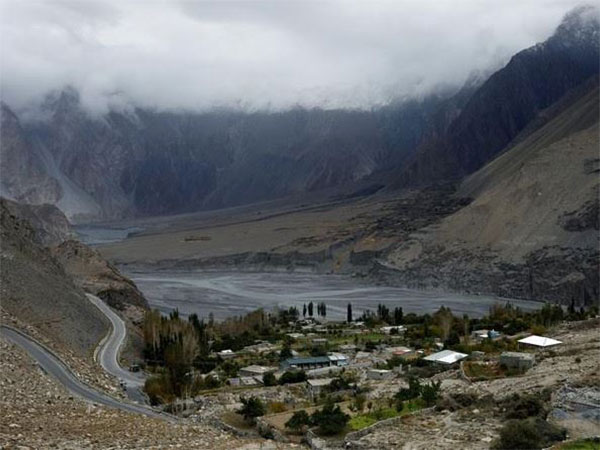Unveiling Illicit Mining Practices in Gilgit-Baltistan
Syed Nazar Abbas Kazmi, President of the Awami Action Committee, highlights illegal mining in Pakistan-occupied Gilgit-Baltistan. Allegations involve Chinese firms and local elites unlawfully extracting resources under the guise of legal leases, sparking regional discontent and demands for fair revenue distribution and transparency in mining operations.

- Country:
- PoGB
Syed Nazar Abbas Kazmi, the President of the Awami Action Committee, has voiced significant concerns about the safeguarding of local community rights regarding mining leases in Pakistan-occupied Gilgit-Baltistan (PoGB). He underscored the pressing need for transparency and equity in the management of mining resources, emphasizing that the wealth generated from these lands should primarily benefit local residents, according to Pamir Times.
Kazmi pointed specifically to a mining lease in Salingh under Rupal Enterprises, authorized to extract placer gold. However, he alleged the illicit extraction of other valuable resources from the site, implicating a Chinese company and influential local figures, as noted by Pamir Times.
Addressing the issue, Kazmi stated, "Today I would like to tell you about a lease in Salingh under the name of Rupal Enterprises. There is a lease to extract placer gold, but something else is being extracted there at the moment. Some powerful people are behind this, and a huge amount of mining resources is being looted." His remarks reflect a broader movement for sustainable resource management and local governance in PoGB, as demand for minerals rises and conflicts over land and resources grow.
The report further reveals Kazmi's criticism of current mining lease terms, highlighting that while local communities should receive 20 percent of the revenue, the conditions offer only 6 percent. "When a mining lease is taken, the right of the people should be 20 percent, but a lease has been made on 6 percent. They do not have the authority to loot other mining resources," he argued.
Kazmi expressed frustration over the pressures on local communities to remain silent. "We should not be forced to take the names of those people. We should not be compelled to bring the work being done there to the media. This illegal act that is being done, we will stop it through the people." Earlier contracts had already been poached by China or their sponsored contractors, displacing thousands of residents and prompting successive protests.
In conclusion, Kazmi delivered a pointed message to the involved companies and powerful backers, "We want to tell those companies and the powerful people behind them that we know everything." (ANI)
(With inputs from agencies.)










